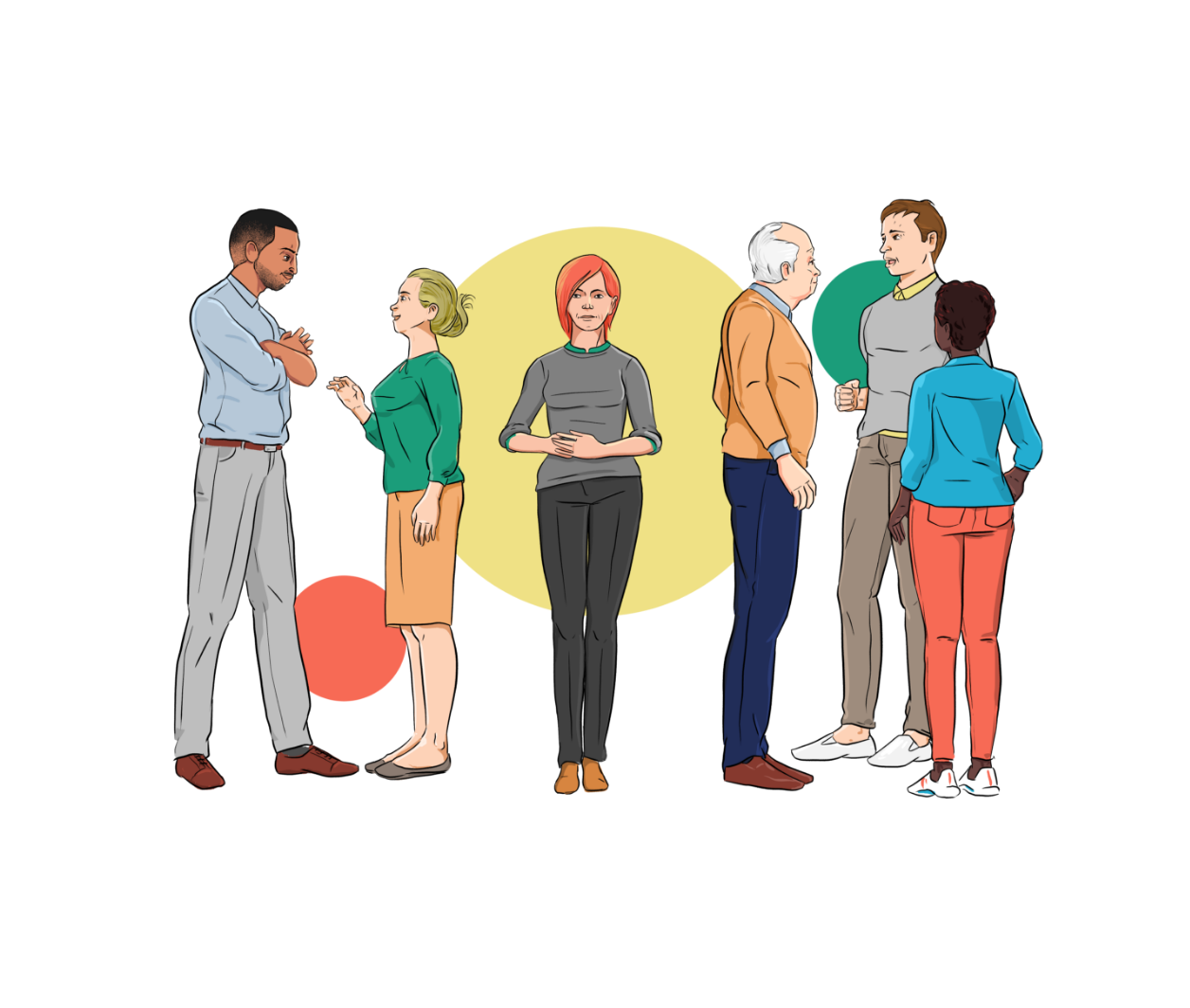Loneliness and the holiday season
Personal wellbeing
13 December 2022 | written by Dr Julia Dabrowski
Though a change in routine or a rest are often welcome, they can be problematic for many of us, especially for those who face being alone during the holiday season.
A change in routine at this time of year can also exacerbate life events such as bereavement or illness, and for those dependent on others for support or healthcare, a change in routine determined by holidays can be equally problematic.
Realise you're not alone
You may be feeling alone but knowing that other people are feeling the same way may help you change your perspective.
It's estimated that half a million older people in the UK expect to feel lonely during Christmas, with those between 24-32 being twice as likely as elderly people to have a lonely Christmas.
At a time when others may be celebrating with family and friends or away on holiday, we may find ourselves alone in a loop of negative thoughts and behaviours feeling stressed, low and isolated. The facts show us that loneliness can have a negative impact on both psychological and physical well being.
Here are some tips on how to cope better with feelings of loneliness.
Be good to yourself
Check out what you're thinking and try to challenge and reframe some of the more negative thoughts.
Each morning identify and write down three things for which you are grateful.
Creating a gratitude list every morning will help.
Make a plan
If you have to be alone, try to make a plan and structure your time - for instance, think ahead and plan what you might eat, read, which films you might watch, what exercise you might take.
It's very easy for any of us to allow the camera to face inwards when we're alone for long periods, and easy to get lost in our negative thoughts with endless time on our hands. Structuring time and planning ahead can make the time feel more worthwhile.
Connect with people
Research shows that having a sense of connectedness to others can guard against both mental and physical problems.
Therefore, keeping in contact with people, whatever the mode of communication, can also help to ward off or manage feelings of loneliness.
There are a number of different ways you can get connected over the holiday period, from saying hello to neighbours, calling up old friends or actually engaging with people via social media.
If you are feeling lonely, anxious or low, paradoxically, it may be tempting to reject invitations to social gatherings but try to make the effort to accept them, even if you can only join for a short amount of time. You may find yourself staying longer than you thought you could.
If face to face interaction isn't possible, try using digital connection.
Ask yourself:
- is there's anything that might be getting in the way of you connecting?
- going forwards, how could you strengthen your social life and nurture existing friendships?
- in the new year, could you consider making new friends by joining a club, or doing a course, or joining a regular exercise class?
- could you join an online or social media group? This may then lead to more face to face connection and activity
Be useful
One way of making sure you aren't left on your own with your thoughts during the holiday season is to offer your time up to other people who need it, for instance either volunteering at an old people's home or helping at a homeless charity.
This helps you stay connected with the outside world, keeps you externally focused and of use to other people.
If there's a chance of seeing others or helping other people, seize that opportunity. Being part of something larger than you can result in a real win-win situation – you have the company of those you are working with and those who you are supporting.
Rethink your expectations
It's important to acknowledge that many of the exciting and fulfilled happy lifestyles we see on TV or social media are often not very accurate. It's all too easy to allow these 'constructs' to raise our expectations of how life 'should be' and by comparing ourselves with others we can too easily feel less valuable or less loveable.
For those of us who are alone, the pressure to feel sociable and to project a 'perfect' life can be immense. Try and resist participating in this urban myth, the reality is that many people are experiencing difficulties and feelings of loneliness or isolation, you are not alone.
Is it time to get some help?
If you find yourself often feeling lonely, it could be an indicator that something needs to change.
After reflecting on how often you feel lonely, you may decide it's time to start looking at what's behind these feelings, either on your own, with a friend or with a qualified professional. Visit the BACP website to find a therapist https://www.bacp.co.uk.



